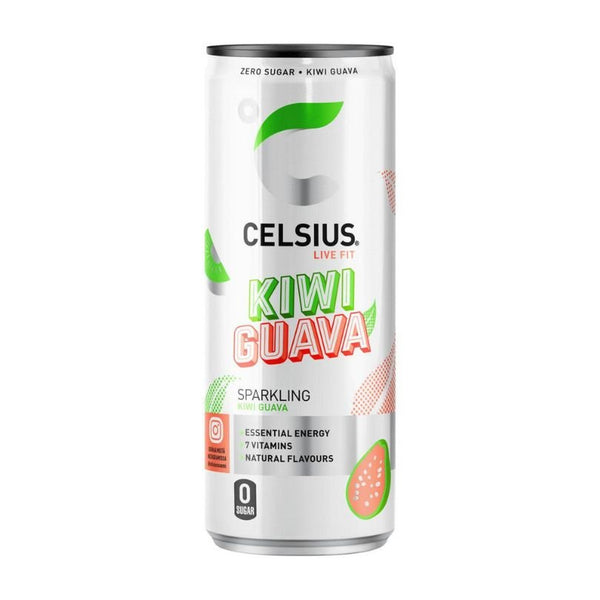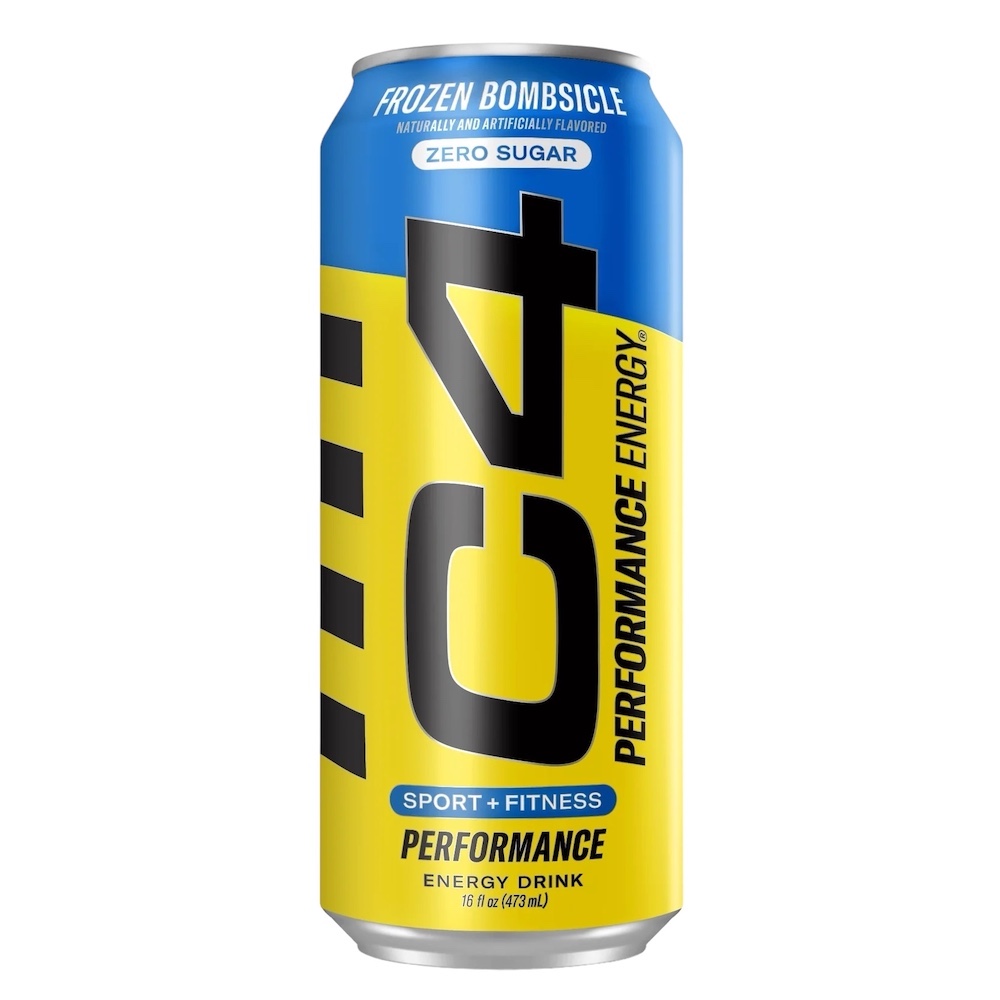Introduction to Energy Drinks and Their Popularity
Do energy drinks lower testosterone? Energy drinks have soared in popularity as a quick pick-me-up for daily life.

Key Ingredients in Energy Drinks
Typical ingredients include caffeine, sugar, and B vitamins, alongside taurine and herbal extracts.
Common Claims by Energy Drink Brands
Brands like C4 and Prime promise increased energy and focus, often citing their stimulant mix.
Basic Understanding of Testosterone
Understanding testosterone is crucial, especially when examining how energy drinks might influence hormonal levels.
Role of Testosterone in Men’s Health
Testosterone is essential for men’s overall health. It helps build muscle, maintain bone density, and supports sexual function.
Regular Production and Regulation of Testosterone
The body regularly produces testosterone, balancing it with other hormones for optimal health. This balance is key for wellbeing.
Links Between Caffeine Intake and Testosterone
Exploring the links between caffeine consumption and testosterone can provide insight into how energy drinks may affect men’s hormonal balance.
How Caffeine Interacts With Testosterone
Caffeine, a central ingredient in energy drinks, might influence testosterone levels in several ways. Caffeine consumption before exercise is shown to increase testosterone, but also raises cortisol, which could negate testosterone’s benefits. Individual response to caffeine varies, influencing testosterone differently among men.

Influence of Caffeine on Hormonal Balance
Caffeine impacts hormonal balance, not only by affecting testosterone but also by increasing cortisol levels, known as the stress hormone. This complex interaction can lead to varied effects on a man’s hormonal health, with potential implications for overall wellbeing.
Impact of Specific Energy Drinks on Testosterone Levels
When investigating the effects of energy drinks on testosterone levels, specific brands come into focus. Brands like C4 and Prime have grown in popularity, offering a range of energy-boosting products. These drinks notably contain high levels of caffeine among other ingredients.
Analysis of C4 and Prime Energy Drinks
C4 and Prime energy drinks are known for their stimulating properties, primarily driven by caffeine. Caffeine, sometimes consumed in large doses through these drinks, has shown an increase in testosterone when ingested before exercise. However, this is accompanied by an elevation in cortisol, a stress hormone which may dampen the positive effects of testosterone. The benefits may consequently be moderated, as the complex interaction between testosterone and cortisol unfolds with caffeine intake.
Examples of Other Popular Energy Drinks
In addition to C4 and Prime, there are many other energy drinks on the market. Many of these contain similar ingredients, characterized by sugar, B vitamins, and an array of caffeine sources such as guarana and green tea extract. While these ingredients claim to boost energy and focus, their impacts on testosterone levels remain a complex issue yet to be fully understood due to varying individual responses and the multifaceted nature of hormone balance.
Scientific Studies on Caffeine and Testosterone
Understanding how caffeine impacts testosterone is important for those consuming energy drinks.
Research Results on Caffeine Intake and Testosterone Changes
Studies on caffeine’s effects on testosterone reveal a complex relationship. For example, a study with professional rugby players indicated a testosterone increase with higher caffeine doses pre-exercise. Yet, responses vary across different individuals and contexts, with some studies showing elevated cortisol levels, which may counteract testosterone’s positive effects.
Effects of High Doses of Caffeine
Excessive caffeine consumption, especially the high doses present in certain energy drinks, can cause an increase in cortisol levels. This hormone can potentially diminish the effectiveness of testosterone. While it is true that caffeine may enhance testosterone levels during exercise, the resulting rise in cortisol indicates that individuals should take a cautious approach. Therefore, it is important to balance caffeine intake with a conscious effort to monitor testosterone health.
To elaborate further, researchers have observed that when individuals consume large amounts of caffeine, their cortisol levels can spike significantly. This spike can interfere with the body’s hormonal balance, leading to decreased testosterone activity. Although some studies suggest that moderate caffeine consumption can have performance-enhancing effects during workouts, one must consider the long-term implications of sustained high caffeine intake.
Moreover, the relationship between caffeine and hormone levels highlights the importance of individual responses. Not everyone metabolizes caffeine in the same way; some may experience heightened cortisol responses while others do not. Consequently, it might be beneficial for those concerned about testosterone levels to limit their caffeine consumption, particularly from energy drinks, and to focus on other methods of hormone optimization.
In conclusion, while caffeine can provide certain benefits, the potential adverse effects on hormones like cortisol and testosterone warrant careful consideration. Therefore, individuals should strive to strike a balance by moderating their caffeine intake and actively monitoring their overall hormonal health. By doing so, they can enjoy the energizing effects of caffeine without jeopardizing their testosterone levels.
Alternative Natural Beverages to Boost Testosterone
For individuals concerned about the impact of energy drinks on testosterone levels, natural alternatives offer a healthier approach to boosting hormonal health.
Healthier Options like Pomegranate and Beetroot Juices
Pomegranate juice stands out as a powerful natural option that offers numerous benefits, particularly for sexual health. It contains antioxidants that actively support this aspect of well-being and may contribute to increased testosterone levels. Researchers have observed that the compounds found in pomegranate juice can improve blood flow and promote a healthy hormonal balance, making it a popular choice for those aiming to enhance their sexual vitality.
Similarly, beetroot juice plays a significant role in boosting testosterone levels naturally. Packed with essential vitamins and dietary nitrates, beetroot juice helps improve circulation and supports overall cardiovascular health. The dietary nitrates found in beetroot are converted into nitric oxide in the body, which not only enhances blood flow but also may aid in the increase of testosterone production. As a result, individuals seeking to elevate their testosterone levels often incorporate beetroot juice into their diets.
In addition to these juices, it’s important to recognize the holistic approach to sexual health. A balanced diet, regular exercise, and adequate sleep also contribute significantly to maintaining optimal testosterone levels. Therefore, while pomegranate and beetroot juices offer fantastic benefits, they work best when combined with a healthy lifestyle. By integrating these juices along with other health-conscious practices, individuals can create a comprehensive strategy to support their sexual health and overall well-being.
Recommended Intake and Potential Benefits
Moderate consumption of pomegranate or beetroot juice—specifically, a glass each day—can provide a range of health benefits. When individuals regularly include these nutrient-packed beverages in their diets, they enhance their nitric oxide levels. This increase in nitric oxide can subsequently support improved testosterone production and contribute to overall wellbeing.
Furthermore, research indicates that both pomegranate and beetroot juice are rich in antioxidants, vitamins, and minerals. By consuming these juices, people can not only elevate their nitric oxide levels but also experience other advantages such as improved heart health and enhanced physical performance.
In addition, it’s important to note that pomegranate juice is known for its anti-inflammatory properties, while beetroot juice has been linked to better blood flow and lower blood pressure. Therefore, incorporating these juices into one’s daily routine can lead to a holistic approach to health, as they work synergistically to promote vitality.
In conclusion, by actively choosing to drink a glass of pomegranate or beetroot juice each day, individuals can optimize their health and wellbeing, harnessing the natural benefits that these powerful beverages offer.

Considerations and Potential Risks
Understanding potential risks is key when deciding whether to consume energy drinks.
Health Risks Associated with Excessive Energy Drink Consumption
Overuse of energy drinks can pose serious health threats. High caffeine and sugar levels may lead to heart issues, anxiety, and sleep disturbances. These can disrupt the hormonal balance and impact testosterone levels. Blending energy drinks with alcohol raises risks further, masking the effects of intoxication.
Energy drinks often target younger audiences, who might overlook these risks. Most concerning is the possible link between heavy consumption and risky behaviors and mental health issues. Individuals with existing health conditions should exercise additional caution.
Recommendations for Safe Consumption of Energy Drinks
To minimize hazards, follow these guidelines:
- Limit intake to avoid excessive caffeine and sugar.
- Choose energy drinks with lower caffeine levels or opt for natural alternatives.
- Avoid mixing with alcohol to prevent obscured drunkenness.
- Monitor how your body responds to energy drinks and adjust your consumption accordingly.
By making informed choices and consuming in moderation, you can enjoy the benefits of energy drinks while reducing the potential risks to testosterone levels and overall health.
